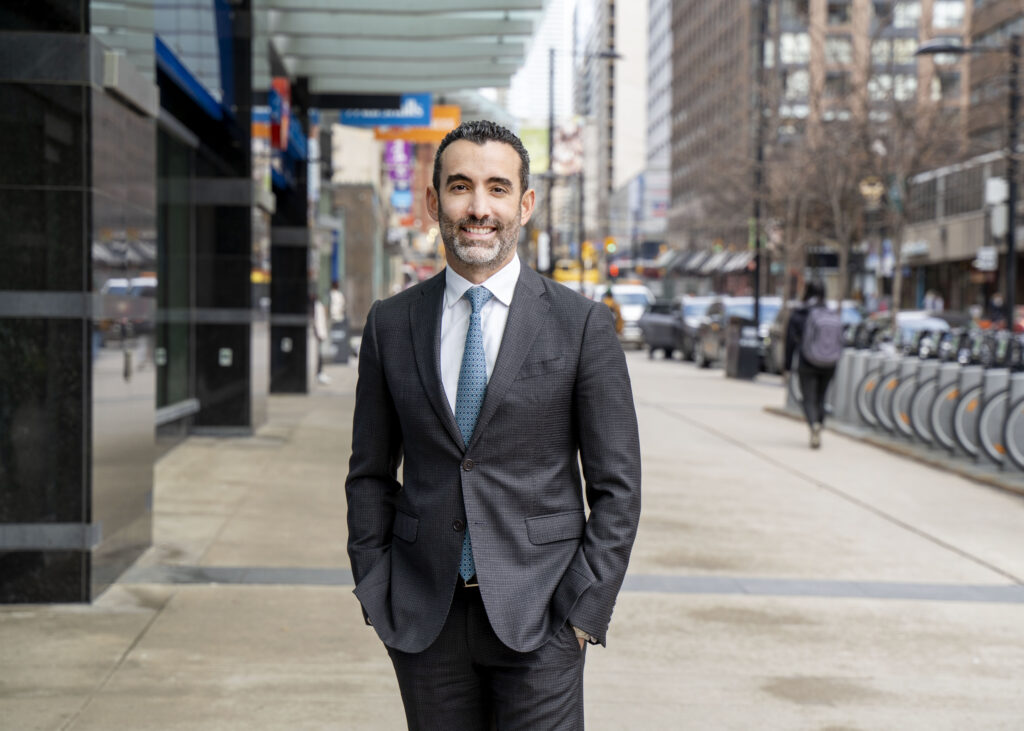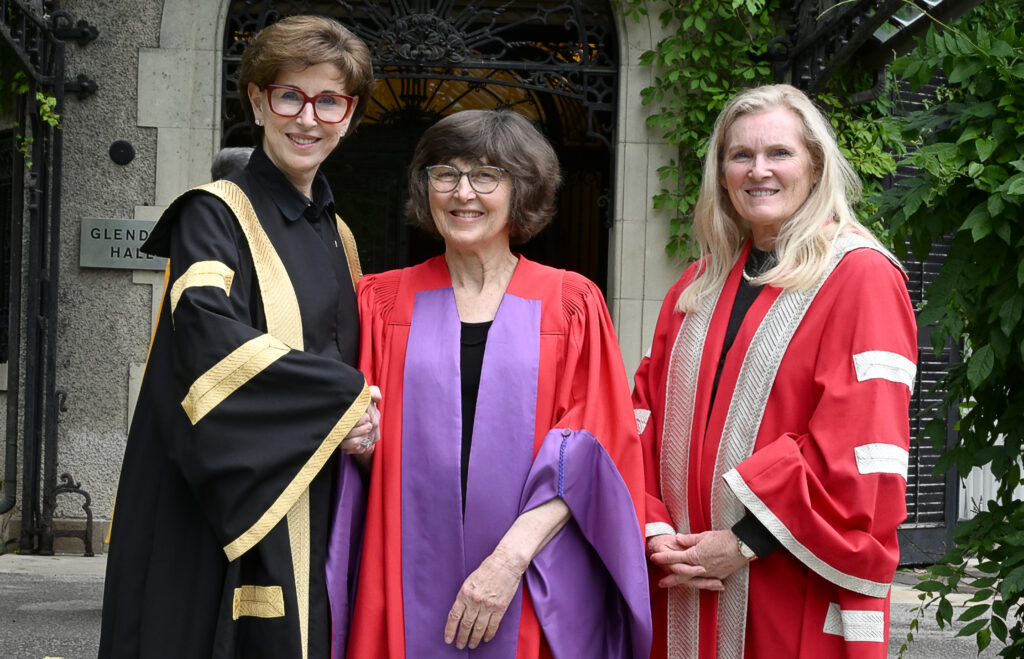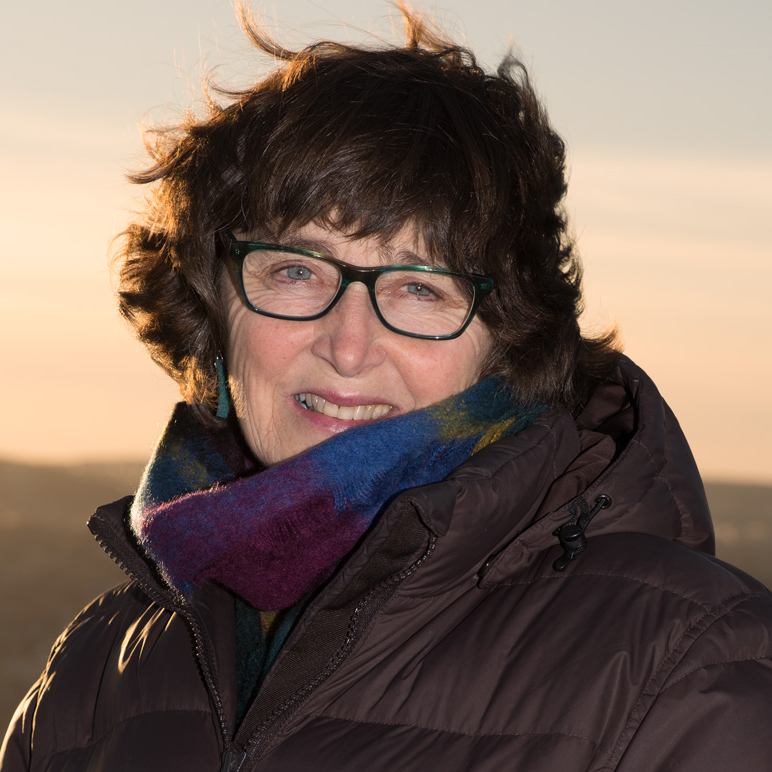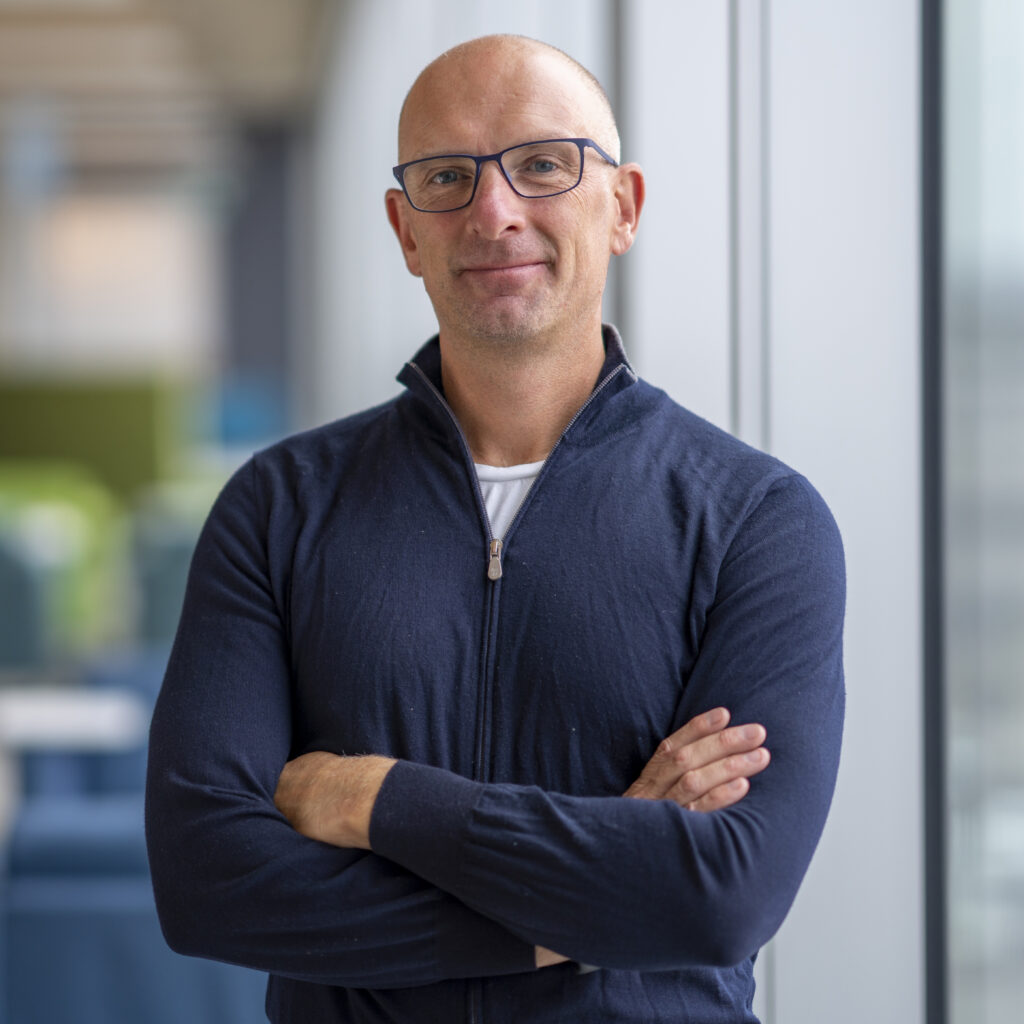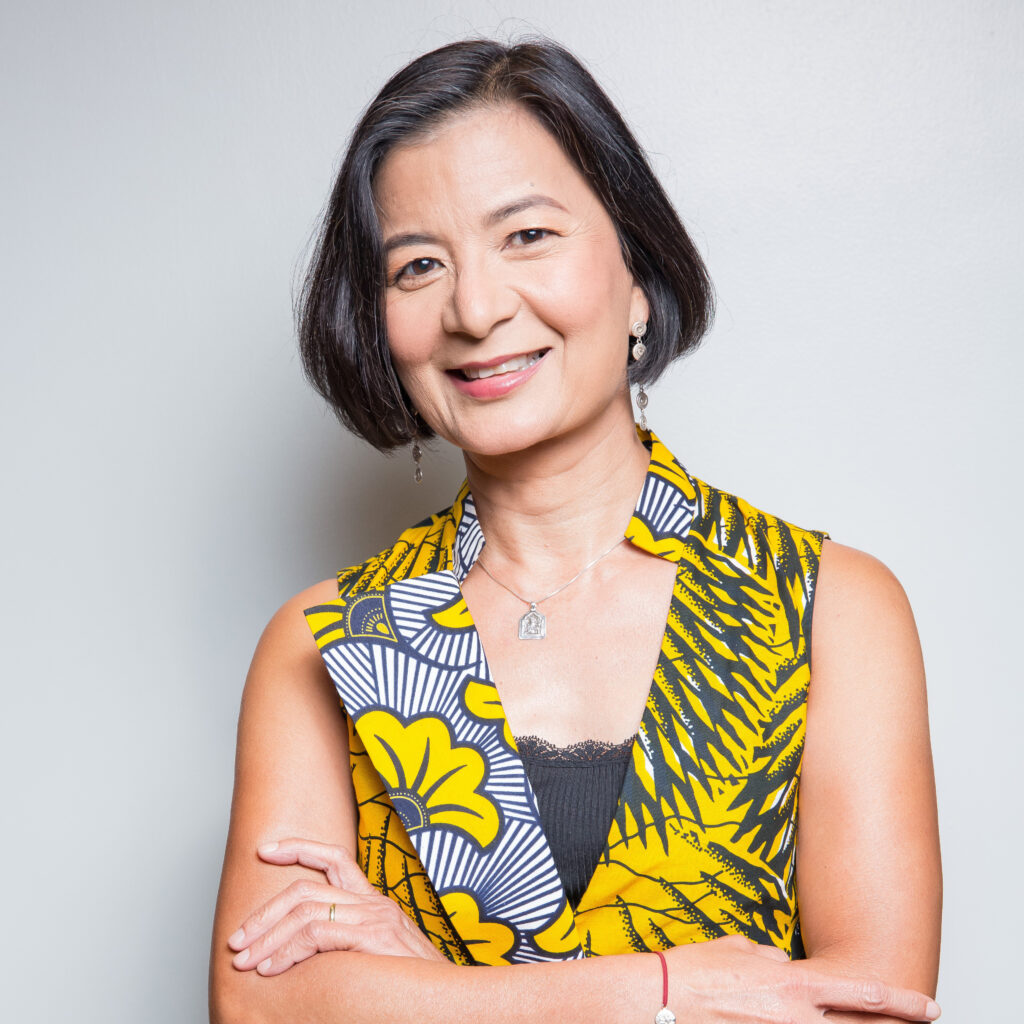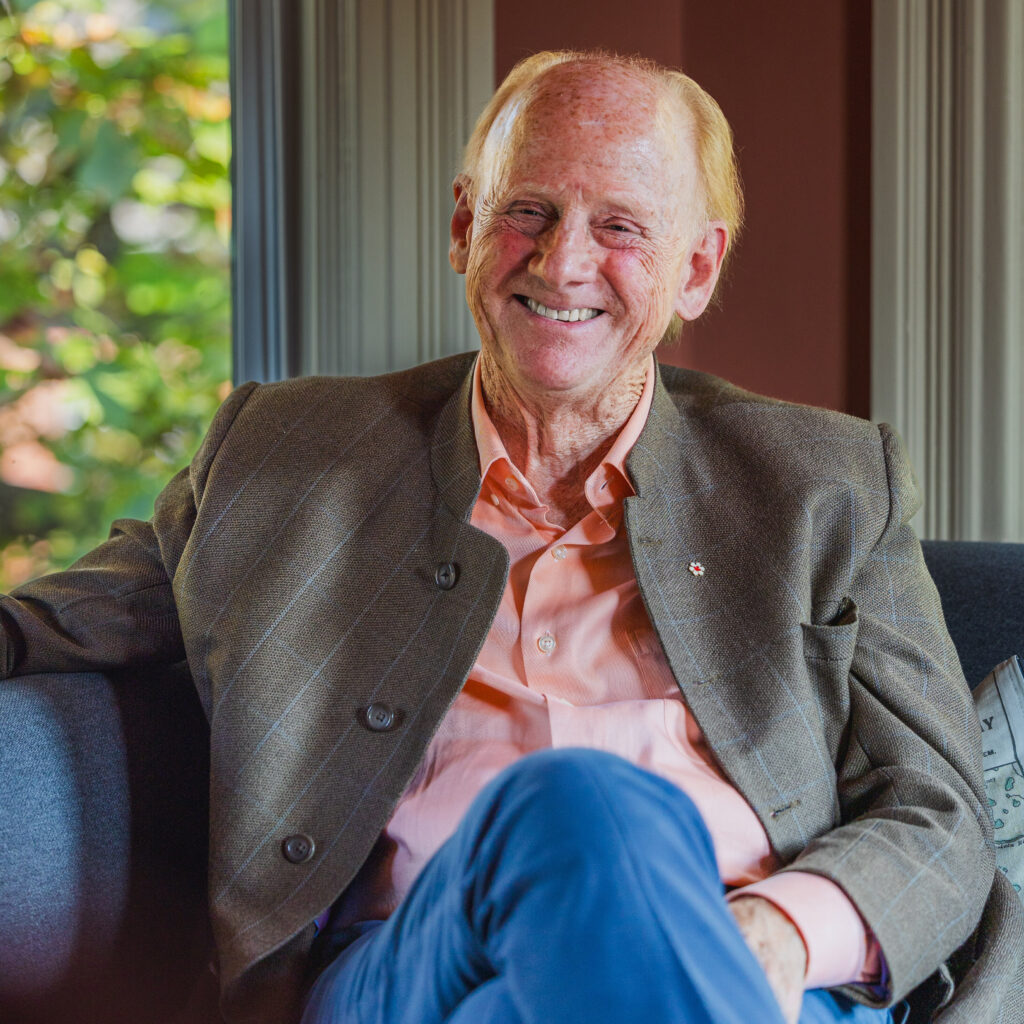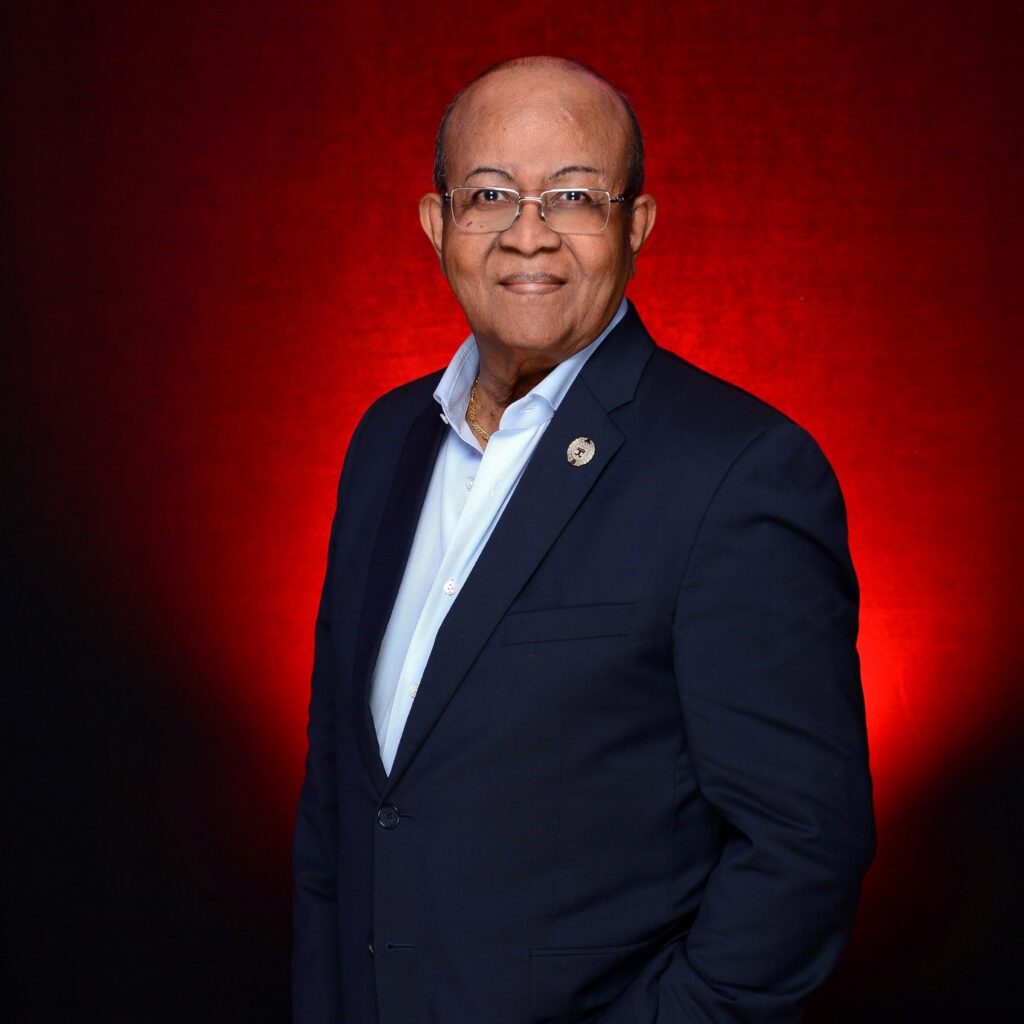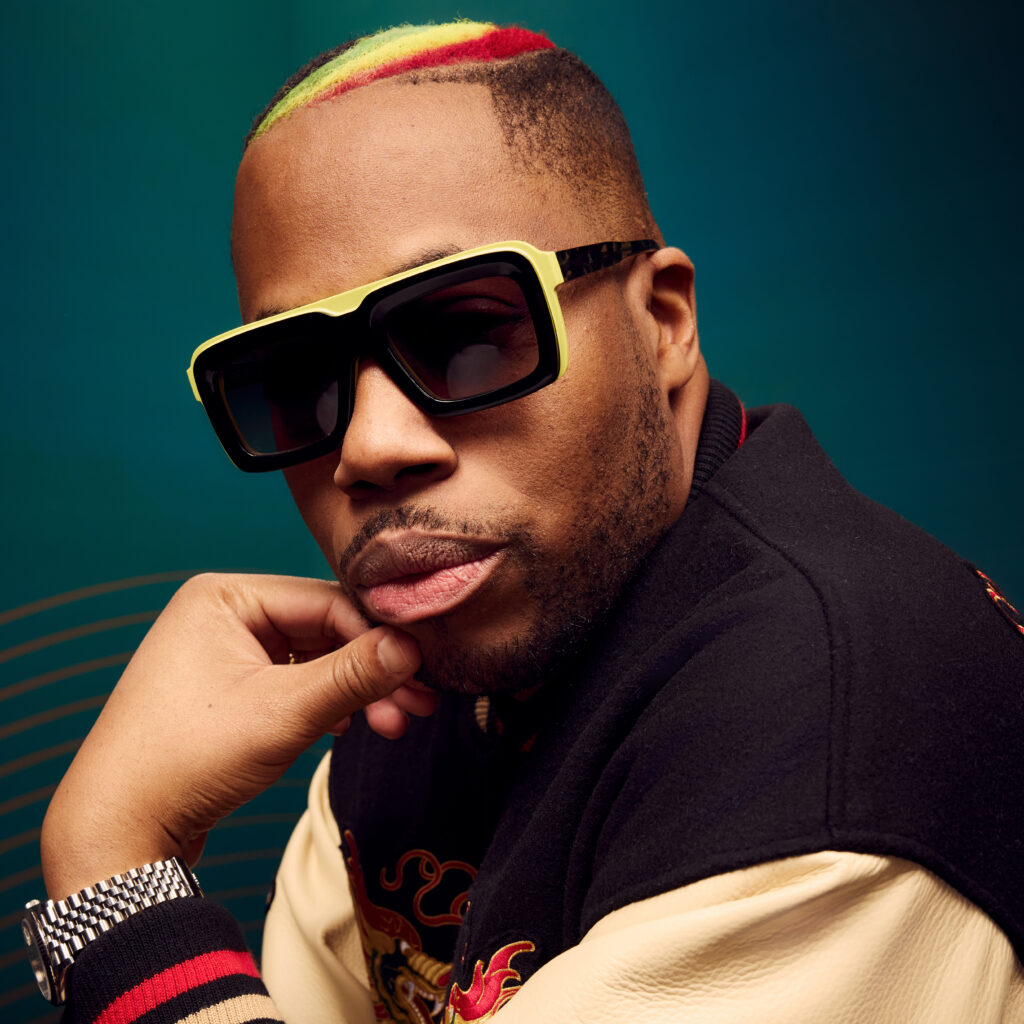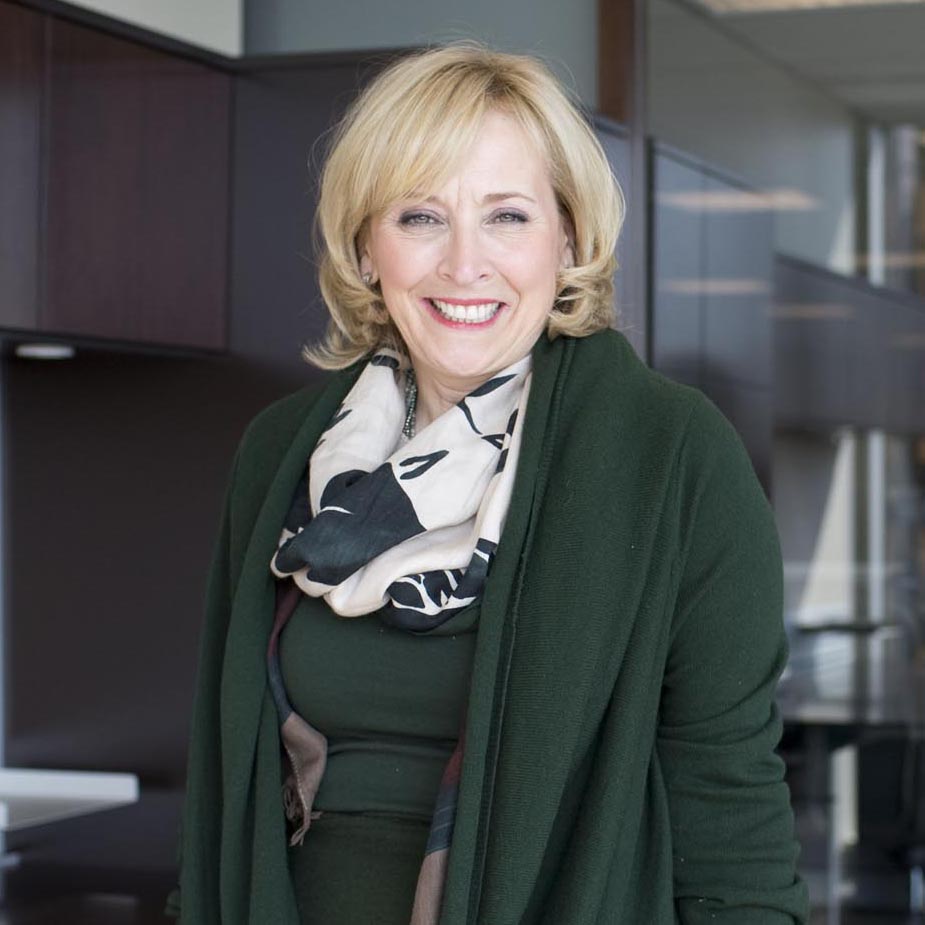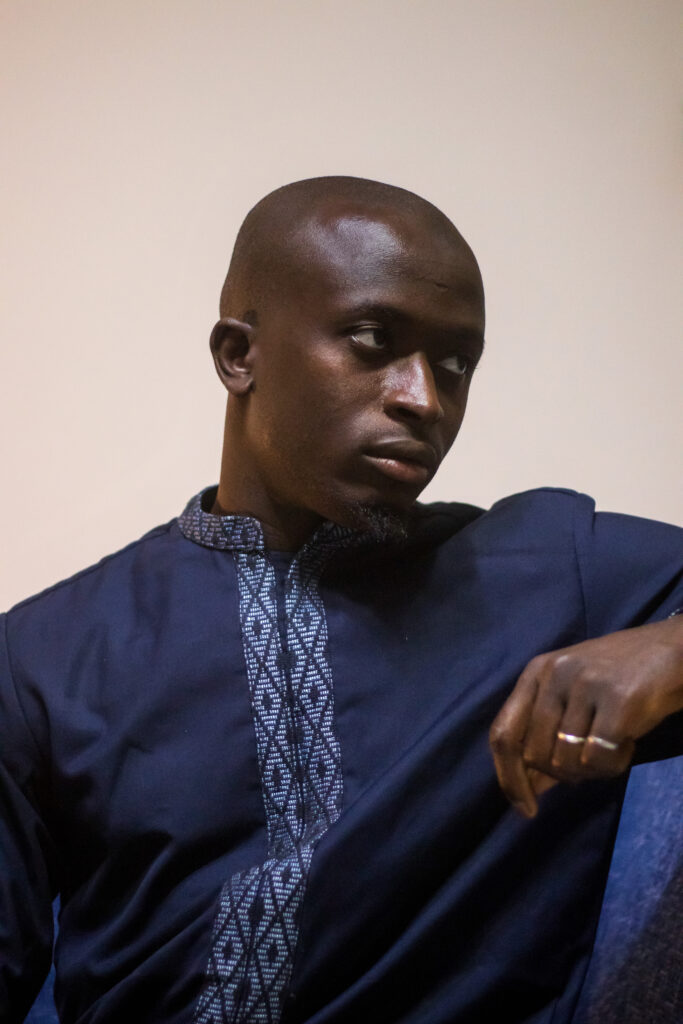Athletes and medical team members with ties to York University are set to participate in the Paris 2024 Olympic Games, beginning July 26, representing a spectrum of sports such as volleyball, judo, rugby and more.
The Paris 2024 Olympic Games will host several York-affiliated athletes who have competed at previous games, including Tokyo 2020, as well as several new faces making their Olympic debut.
The Olympic-bound people are:

Amandev Aulakh: Team Canada Medical Team
Aulakh, a sports medicine physician at York University, has been a member of the Lions team since July 2022 and has previous experience serving on the medical staff for Team Canada at the 2022 Under-17 (U17) FIFA Women’s World Cup. She will travel to Paris to be part of the core medical team for Team Canada.
She served in a similar role for the 2019 Winter Universiade, the 2019 Parapan American Games and the 2020 Summer Paralympics, and she was the chief medical officer at the 2020 Youth Olympic Games.
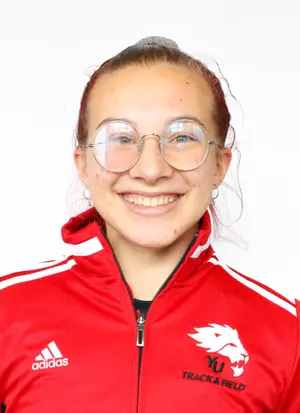
Charlotte Bolton: Para Athletics
A member of the Lions track and field team from 2021 to 2022, Bolton is an athlete who won gold medals in Ontario University Athletics (OUA) para shot-put and para weight throw, as well as the U Sports para shot-put gold medal.
Since then, Bolton has earned several Canadian throwing records in women’s F41 – a classification for field athletes with short stature – and currently ranks in the top 10 in the world in shot-put and discuss.
Bolton previously represented Canada at the Tokyo 2020 Paralympic Games and the Santiago 2023 Parapan American Games. In Tokyo, Bolton placed sixth in both the shotput and discus.
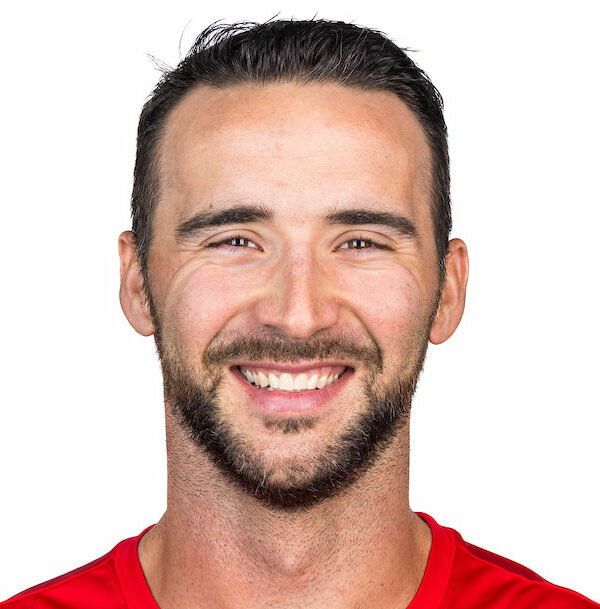
Dan Dearing: Beach Volleyball
Dearing played with the Lion’s men’s volleyball team from 2011 to 2013 following a successful high-school career, having won the under-18 national championship in 2008 as a tournament all-star. While at York U, he captured the gold medal at the Ontario provincial beach volleyball championships in 2012.
Paris 2024 marks Dearing’s Olympic debut, after winning the North, Central American and Caribbean Volleyball Confederation (NORCECA) Olympic Qualification Tournament in June, building on previous wins of silver at the Birmingham 2022 Commonwealth Games and winning the NORCECA Beach Tour Final in 2022.

Shady Elnahas: Judo
Elnahas competed as a wrestler at York U in 2017. That year, he was nominated for rookie of the year (based on a near-perfect 23-1 record in OUA competition) and was named the men’s wrestling most valuable player.
Since then, Elnahas has earned several prestigious medals as he shifted from wrestling to judo, including two golds at the Pan American Judo Championships in 2019 and 2020; gold at the 2021 International Judo Federation (IJF) Judo Grand Slam; gold at the 2022 Commonwealth Games; gold at the Santiago 2023 Pan American Games; five back-to-back golds at the Pan American Championships; and silver at the 2024 IJF World Championships.
Elnahas made his Olympic debut at the Tokyo Olympics, where he finished with a fifth-place ranking after playing his way to the bronze medal match. He is headed into the Paris 2024 games as the third-ranked man in the world in his weight class.
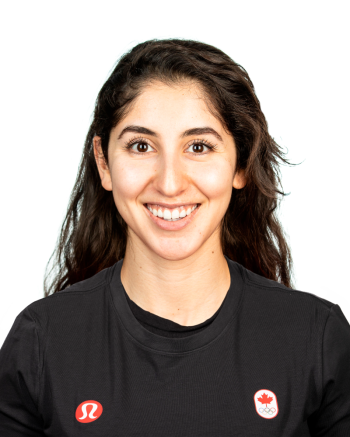
Melissa Humana-Parades: Beach Volleyball
Humana-Parades played with the Lion’s women’s volleyball team from 2010 to 2014 – winning back-to-back OUA Championships – and was recognized as York U’s 2011-12 female athlete of the year and a three-time OUA all-star.
Since then, Humana-Parades has become a six-time International Volleyball Federation (FIVB) gold medallist, a 12-time FIVB medallist, a five-time Canadian champion, a two-time Association of Volleyball Professionals champion, a Commonwealth Games champion and, most recently, a world champion, earning the first-ever gold for Canada at the 2019 Beach Volleyball World Championships.
Humana-Parades previously represented Canada at the Toronto 2015 Pan American Games, the Tokyo 2020 Olympic Games and the Santiago 2023 Pan American Games.
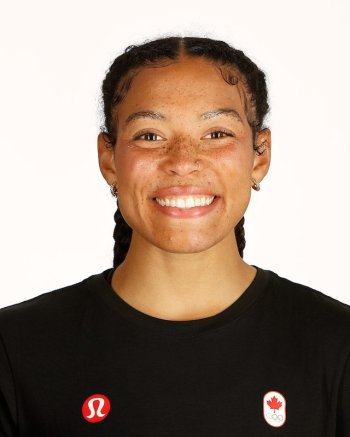
Asia Hogan-Rochester: Rugby
Hogan-Rochester played with the York Lions women’s rugby team in 2018, while at the same time competing on the track and field team. Afterwards, they went on to represent Canada’s women’s rugby sevens senior squad at the Lima 2019 and Santiago 2023 Pan American Games.
During their career, Hogan-Rochester also earned the women’s rugby rookie of the year award and the women’s track and field rookie of the year award for their efforts in the 2019 U Sports season.
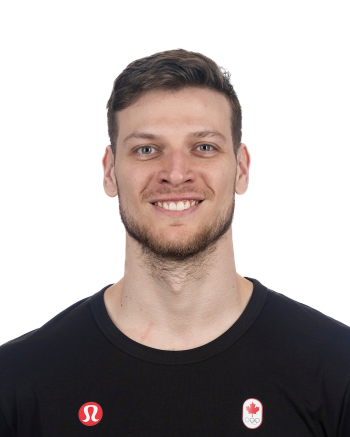
Arthur Szwarc: Volleyball
Szwarc played with the Lions men’s volleyball team from 2014 to 2016, earning an OUA bronze medal with the team in the 2014-15 season.
While at York University, Szwarc was already representing Canada competitively – at the 2015 Universiade and FIVB Junior World Championship, and winning bronze at the 2015 U21 Pan Am Cup. He debuted with the senior national team at the 2017 FIVB World League, helping Canada win a bronze medal – the team’s first podium finish at a FIVB international event.
Szwarc made his Olympic debut at Tokyo 2020, where Canada finished eighth after making it to the quarterfinals.

Syed Muhammad Haseeb Tariq: Swimming
Tariq was a member of the York University Lions competitive swim team before going on to compete for Pakistan at the South Asian Games in 2016, earning four gold medals during the trials in 2015. He won the 50-metre and 100-metre freestyle events and also broke two national records while winning the 50-metre and 100-metre backstroke events.
In 2018, he participated in the Commonwealth Games and made his Olympic debut at the Tokyo 2020 competition, where he finished 62nd in the men’s 100-metre freestyle.
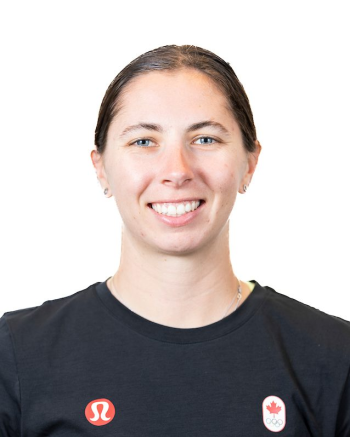
Katie Vincent: Canoe-Kayak Sprint
Vincent, a student in York U’s Faculty of Health, first represented Canada in rowing at the 2013 World Junior Championships, making a quick impact by earning the team two gold medals the following year at the same competition.
Vincent has since added to that accomplishment, having earned over 10 medals – almost half of them gold – at the Canoe Sprint World Cup before going into the 2024 Paris games. She has also earned several World Championship medals.
She made her Olympic debut in Tokyo in 2020, finishing in eighth place in her solo competition and earning bronze for Canada in the team competition.
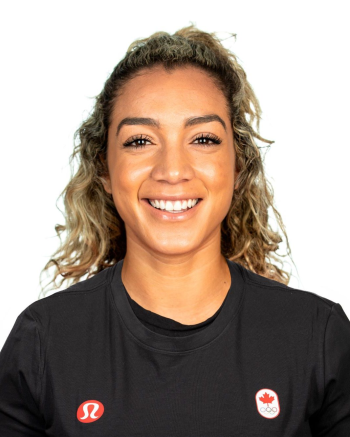
Brandie Wilkerson: Beach Volleyball
Wilkerson played with the Lion’s women’s volleyball team from 2010 to 2014. During that time, she was York U’s female rookie of the year in 2010-11, an OUA rookie of the year award winner and a four-time OUA all-star.
After York U, Wilkerson went on to represent Canada at the Santiago 2023 Pan American Games and the Tokyo 2020 Olympic Games, where she and her partner Heather Bansley made it to the quarterfinals, matching Canada’s best-ever Olympic result in women’s beach volleyball.
Wilkerson will compete at the Paris 2024 Olympics with a new partner, fellow York U alumna and teammate Humana-Paredes.
The pair have been competing as partners since October 2022, and have earned several notable wins, including top-five placements at FIVB world events and silver at the Santiago 2023 Pan American Games.
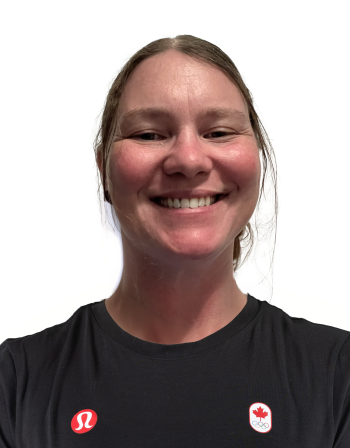
Shannon Westlake: Shooting
Westlake, an alumna of York University, won bronze medals in the women’s 50-metre rifle three positions events at both the Santiago 2023 Pan American Games and the 2024 Continental Championships of the Americas in early April.
Paris 2024 marks Westlake’s first Olympic Games, but she is no stranger to the competitive arena. With three Pan Am Games – including her debut at Toronto 2015 – under her belt, she brings a wealth of experience and unwavering determination to the Olympic stage.




